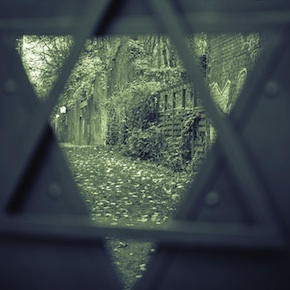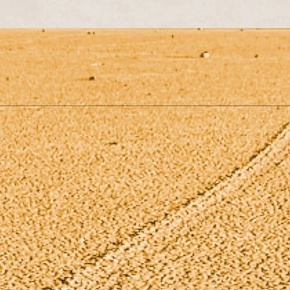
Enchanted by the mystery of books
Ana Pérez Galván, the tranquil force behind Hispabooks, has an unwavering dream: to publish new writing from every corner of Spain in English translation, and to change readers’ perceptions of Spanish literature as eternally oscillating between the two monumental poles of Cervantes and Lorca; to revise our view of Spain as being only the realistic...
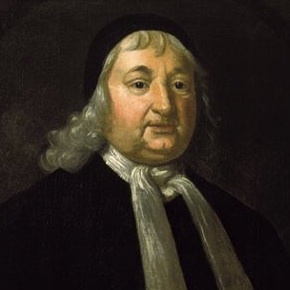
Delusions of a terrorised conscience
“I desire to be humbled before God. It was a great delusion of Satan that deceived me in that sad time. I did not do it out of anger, malice, or ill-will,” stated Ann Putnam in 1706. When only twelve or so, she had been one of the principle witnesses and accusers in the notorious...
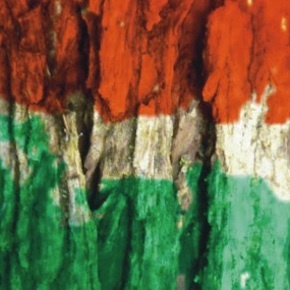
A loftier reality
Broken loves, heart-stopping encounters, death and maimed lives, grand visions, disillusionment and a country precariously balanced between terror and resolute optimism; between organic belonging and absolute, unalloyed autonomy. Martutene begins ambitiously as a metanarrative about storytelling, a novel about real or fictional persistent storytellers who are likened to kidnappers of others’ attention. Or about reluctant...
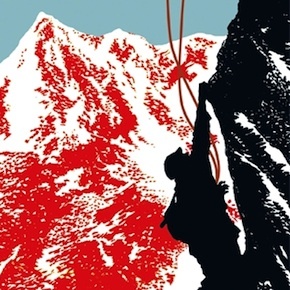
Dreamland
No Picnic on Mount Kenya is neither a war memoir nor the travel log of an exotic mountaineering expedition; neither history pure and unimpeachable, nor a novel where the imagination is given free reign; it is neither biography nor documentary. It is, and explosively, all of the above – a grippingly beguiling tale as well...

Read the world
“There is only one way to read, which is to browse in libraries and bookshops,” wrote Doris Lessing in the introduction to The Golden Notebook (1962). That post-modernist novel famously pieces a life back together through multiple, juxtaposed experiences in and outside time and consciousness, through and because of writing, as it seeks to create...
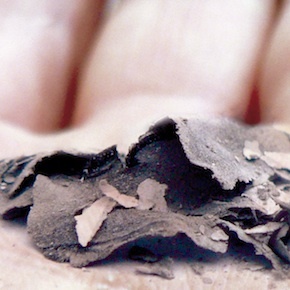
Searching for angels
Landing by Laia Fàbregas is a rare find – a narrative of worlds lost and found, of words that are vital and impossible to translate, of human communion, and communication that must be retrieved in its utmost simplicity from the plexus of relentless alienation and multi-layered facelessness that characterises the aftermath of our post-modernity. Above...
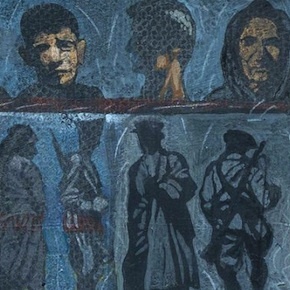
Unfinished business
There is a singular sense of feverish neutrality in Thanassis Valtinos’ writing. A cinematic poise, a travelling eye, a dramatist’s instinctive flair for tension, voice, climax, the lull that contains more menace than any thundering explosion; a perpetual game of darkness and light, an omniscient narrator who never divulges all he knows. Valtinos was born...
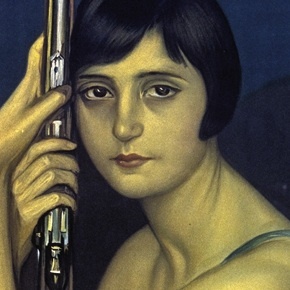
Thirteen ways of looking at Guernica
In the 1930s, the Spanish Reds are promising paraisos to their new recruits. A world freed from class distinctions, slave labour, poverty and squalor, and especially a world liberated from religion – that celebrated ‘opium of the people’. At the same time, those sceptical of Soviet ideology, or vehemently opposed to it, seek to deflect...

The art of violence
What an artist perishes in me, lamented Nero as he prepared to end his life before the rebelling senators had time to dispatch him. “He had indeed been an artist – he and his predecessors too” writes Tom Holland in the concluding pages of his sweeping survey of the Julio-Claudians, which delineates the rule of...
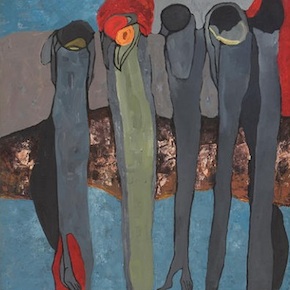
Love all
What is literature if not a way to frame our vision of the world? What is language if not a prism through which to think, explore, relate, question, resolve, civilise – or merely (and vitally) voice despair? And what is love if not the ultimate Socratic demon, fusing together human lives, welding experiences, yielding truths,...

